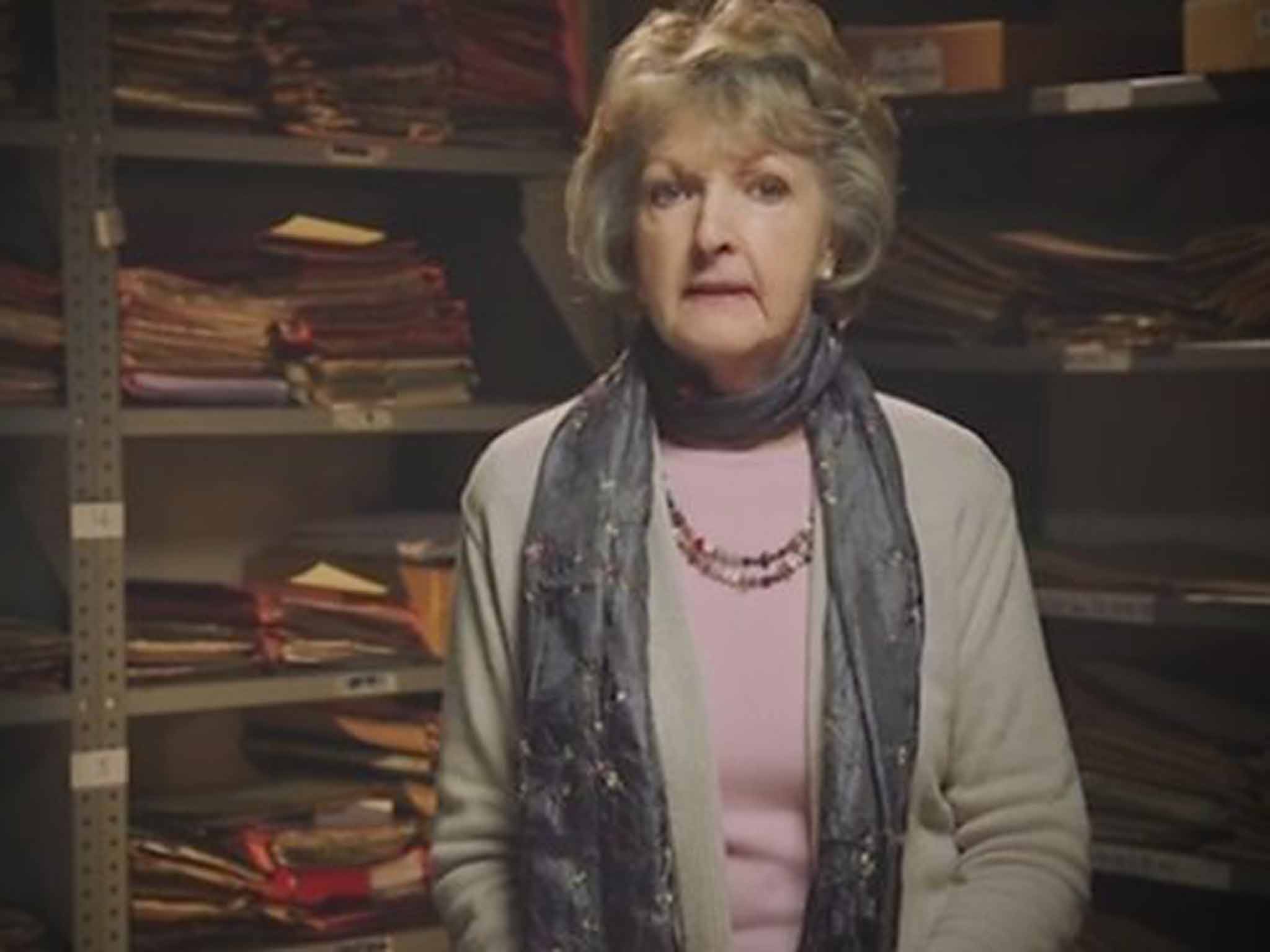BBC: the Secret Files, BBC4 - TV review: The BBC opens its vaults to show how its power dynamic operated
This programme was curious proof that the confidence to risk an unflattering self-portrayal still exists

Your support helps us to tell the story
From reproductive rights to climate change to Big Tech, The Independent is on the ground when the story is developing. Whether it's investigating the financials of Elon Musk's pro-Trump PAC or producing our latest documentary, 'The A Word', which shines a light on the American women fighting for reproductive rights, we know how important it is to parse out the facts from the messaging.
At such a critical moment in US history, we need reporters on the ground. Your donation allows us to keep sending journalists to speak to both sides of the story.
The Independent is trusted by Americans across the entire political spectrum. And unlike many other quality news outlets, we choose not to lock Americans out of our reporting and analysis with paywalls. We believe quality journalism should be available to everyone, paid for by those who can afford it.
Your support makes all the difference."This, unless you understand exactly what they're trying to do, is crap, and pretentious crap at that." That's the dismissive verdict BBC assessors gave to rock band T-Rex, back before they were famous.
The existence of the BBC Talent Selection Committee, with its idiosyncratic – and often plain wrong – views was one of the great revelations of BBC: The Secret Files.
This documentary's presenter Penelope Keith made her name in The Good Life, but Margo Leadbetter's snootiness was as nothing compared to the various memos that emerged from the Written Archives Centre vaults in Caversham. Back in the days when the Corporation had a broadcasting monopoly, it acted as a gatekeeper to the British public and success without its approval was virtually impossible.
This power dynamic was evidenced by an extraordinary mountain of begging letters, signed by everyone from a penitent Tony Hancock to a humble-sounding Brian Jones of the Rolling Stones and Enid Blyton, who was effectively banned from the airwaves for nearly 30 years, because someone decided her stories lacked "literary value".
Oh, how times have changed! Now it's the Beeb that's forced to write begging letters in an attempt to justify its continued existence. This programme was curious proof, however, that the confidence to risk an unflattering self-portrayal still exists, especially if it results in some interesting television. It was also proof of all we've lost in the digital age. These typed and hand-written letters were so much wittier and weightier than today's average intra-office email. Even the ones by Enid Blyton.
Join our commenting forum
Join thought-provoking conversations, follow other Independent readers and see their replies
Comments